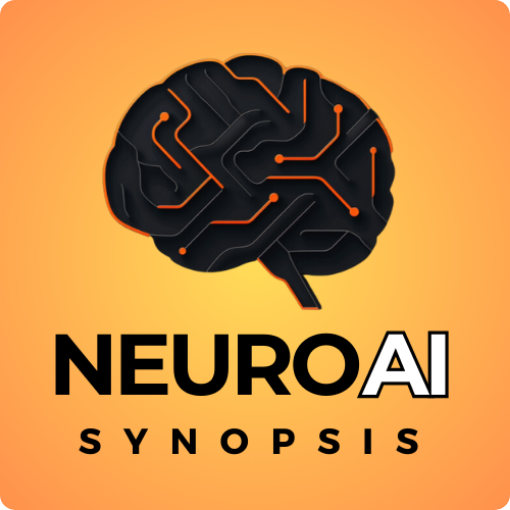AI in Neuroimaging: Enhancing Our Understanding of the Brain
Explore how AI in neuroimaging enhances our understanding of the brain by improving the analysis of brain structure and function. Learn about innovative AI algorithms, real-world applications, and future research in AI-driven neuroimaging.
Artificial Intelligence (AI) is revolutionizing neuroimaging, significantly enhancing our understanding of the brain by improving the analysis of brain structure and function. This post delves into the innovative AI algorithms that drive advancements in neuroimaging, exploring how they enhance the detection and diagnosis of neurological disorders. By examining real-world applications and future research directions, we highlight the transformative potential of AI in neuroimaging. Discover how AI-driven neuroimaging offers new insights into brain function, paving the way for groundbreaking developments in cognitive neuroscience and healthcare.
Artificial Intelligence (AI) is transforming the field of neuroimaging, significantly enhancing our understanding of brain structure and function. By leveraging advanced AI algorithms, researchers and clinicians can analyze complex neuroimaging data more accurately and efficiently, leading to improved detection and diagnosis of neurological disorders. This post explores the innovative advancements in AI-driven neuroimaging, highlighting its transformative potential in cognitive neuroscience and healthcare.
Neuroimaging techniques, such as magnetic resonance imaging (MRI), functional MRI (fMRI), and positron emission tomography (PET), provide detailed images of the brain's structure and function. These techniques generate vast amounts of data, which can be challenging to analyze using traditional methods. AI, particularly machine learning and deep learning algorithms, has revolutionized neuroimaging by enabling the analysis of complex and high-dimensional data. AI algorithms can identify patterns, detect abnormalities, and predict outcomes with high accuracy, enhancing our understanding of brain function and facilitating early diagnosis of neurological disorders.
AI-driven neuroimaging has led to several key developments:
Advanced AI Algorithms: Machine learning and deep learning models, such as convolutional neural networks (CNNs) and recurrent neural networks (RNNs), have been developed to analyze neuroimaging data. These algorithms can process large datasets, identify subtle patterns, and provide insights into brain function.
Automated Image Analysis: AI algorithms automate the analysis of neuroimaging data, reducing the time and effort required for manual interpretation. This automation improves the accuracy and consistency of image analysis, leading to better diagnosis and treatment planning.
Predictive Modeling: AI-driven neuroimaging models can predict the progression of neurological disorders, such as Alzheimer's disease and multiple sclerosis. By analyzing longitudinal data, these models provide valuable information for early intervention and personalized treatment.
AI-driven neuroimaging enhances the early detection of neurological disorders by identifying subtle changes in brain structure and function that may not be visible to the human eye. Early diagnosis allows for timely intervention and improves patient outcomes. AI algorithms analyze neuroimaging data to develop personalized treatment plans based on individual brain characteristics. This approach ensures that patients receive the most effective therapies tailored to their specific needs. Additionally, AI-driven neuroimaging facilitates cognitive neuroscience research by providing detailed insights into brain function, helping researchers study neural mechanisms underlying cognition, behavior, and mental health conditions, leading to new discoveries and advancements in the field.
However, several challenges and limitations must be addressed. High-quality neuroimaging data is essential for training AI models, but data collection can be expensive and time-consuming. The complexity of AI algorithms can make it challenging to interpret their decisions, and the use of AI in neuroimaging raises ethical issues related to data privacy, informed consent, and the potential for bias.
Future research in AI-driven neuroimaging focuses on developing more sophisticated AI algorithms, integrating multi-modal neuroimaging data, and creating ethical guidelines and frameworks to ensure responsible AI use. Engaging with stakeholders, including patients, clinicians, and researchers, is crucial for addressing ethical concerns and building trust in AI technologies.
AI-driven neuroimaging is revolutionizing our understanding of the brain by enhancing the analysis of neuroimaging data. By leveraging advanced AI algorithms, researchers and clinicians can improve the detection, diagnosis, and treatment of neurological disorders. Future research should focus on developing sophisticated algorithms, integrating multi-modal data, and addressing ethical concerns to unlock the full potential of AI in neuroimaging responsibly and ethically.
Please log in to read the full post and explore these exciting developments in detail.

